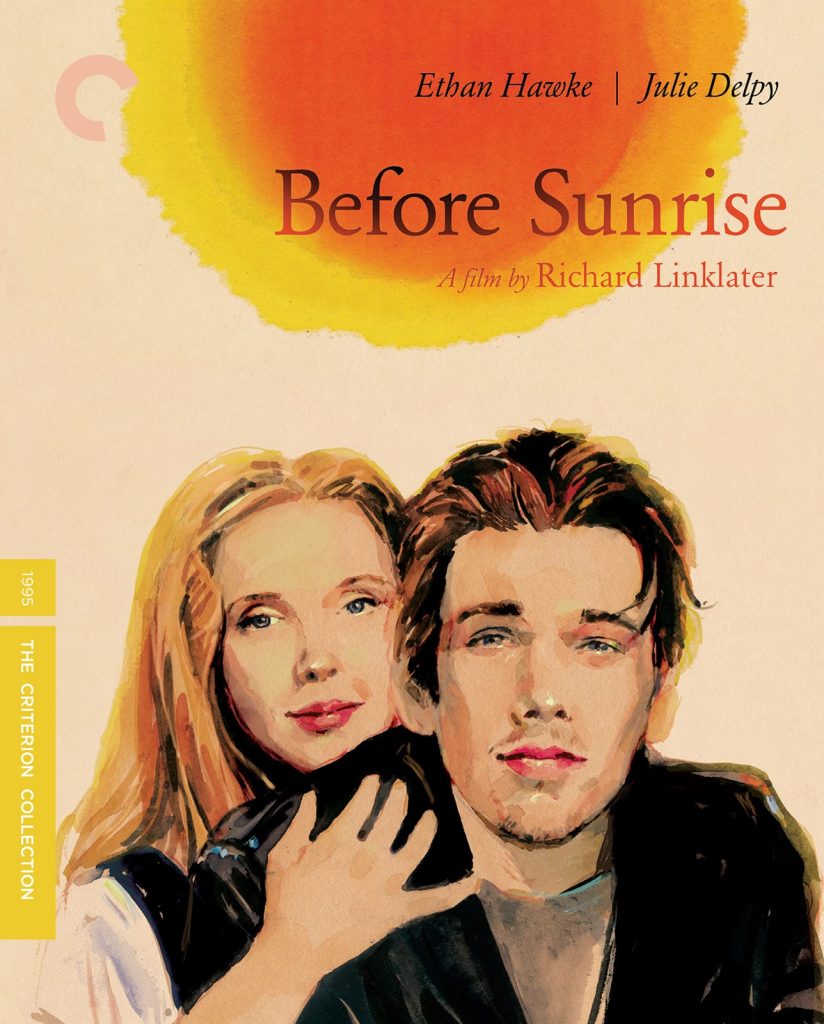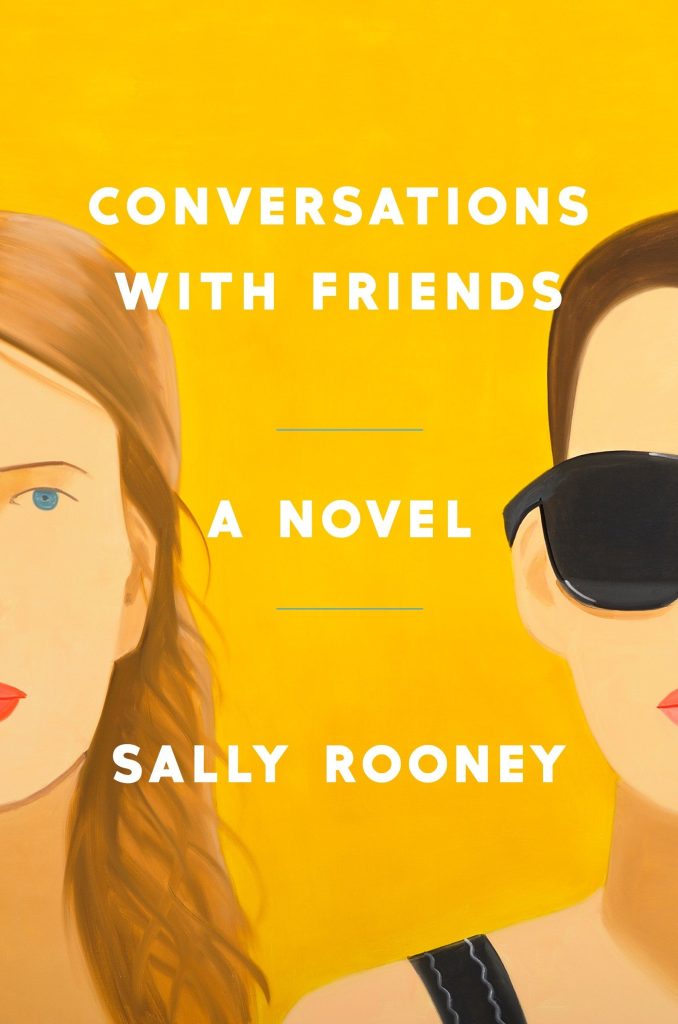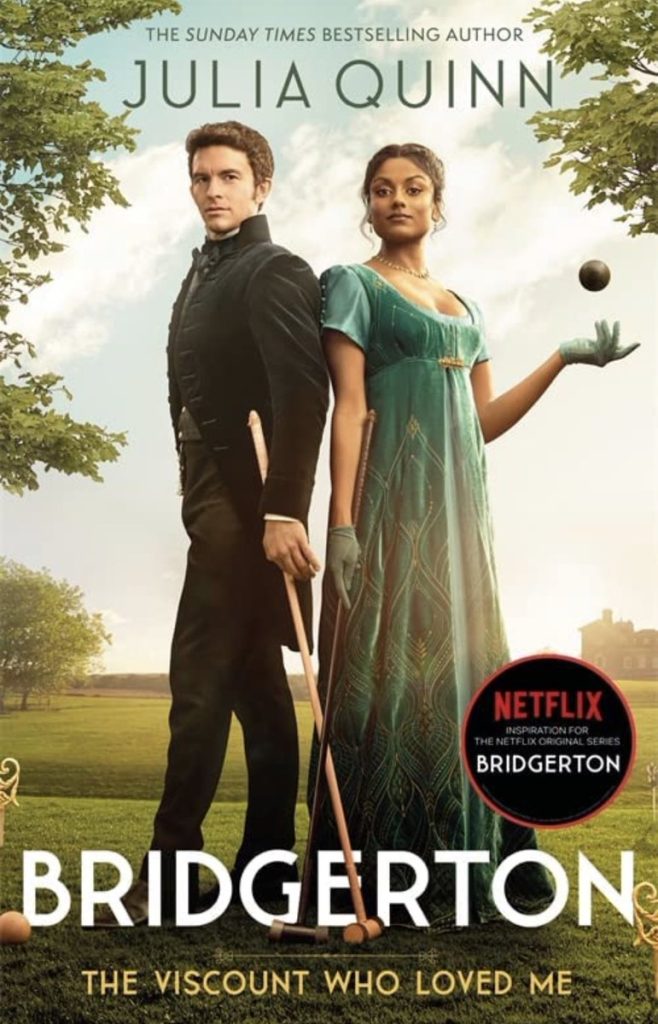Summer may have just started, but is anyone else’s brain already in vacation mode? Are we all ready to be sitting on patios in the sunshine, sipping margaritas? If you need a little inspiration, or if you’re unable to head out into the sunshine just yet, now is a good time to dip your toes into summertime vibes with some hot weather movies. Below, I’ve pulled a list together of some of my all-time films for the summer season that you can find in the VPL catalogue (sorry, no Palm Springs or Fire Island just yet). But this list is by no means exhaustive (keeping it to five was a struggle, as you’ll see), so feel free to share your own favourites in the comments!
Really, any movie in Richard Linklater’s Before trilogy would be a good choice (take your pick of locale: Vienna, Paris, or Greece), but since Before Sunrise is the first in the series, it’s best to start there. The 1995 film takes place on a single summer day. Jesse (American) and Celine (French) are on separate paths, but those paths cross for a moment on a train. Deciding to make the best of fate, they disembark and spend the rest of the day (and night) wandering the streets of Vienna, deep in conversation. That’s literally the whole plot, so your enjoyment of this kind of movie hinges on how much you love listening to people talk. The acting is so naturalistic that it’s easy to mistake Ethan Hawke’s and Julie Delpy’s performances as improvisations. The Before trilogy holds a special place in cinema history for its sequel rollouts: Before Sunset catches up with Jesse and Celine nine years later, this time in Paris. It’s a treat to see how they’ve matured, and we’re gifted another glimpse into their lives with Before Midnight, which takes place another nine years later, this time in Greece. But Before Sunrise holds a special charm owing to Jesse and Celine’s youth, with all their naïve philosophizing, and the will-they-or-won’t-they pull between them. These are two actors who play beautifully off each other, Delpy with a keenly European romanticism (and prettily messy French girl hair) and Hawke with the depth to match it (he has recently come out with what is, in my opinion, the correct take on the “are superhero movies art” debate—something very in line with Jesse!).
Continue reading

